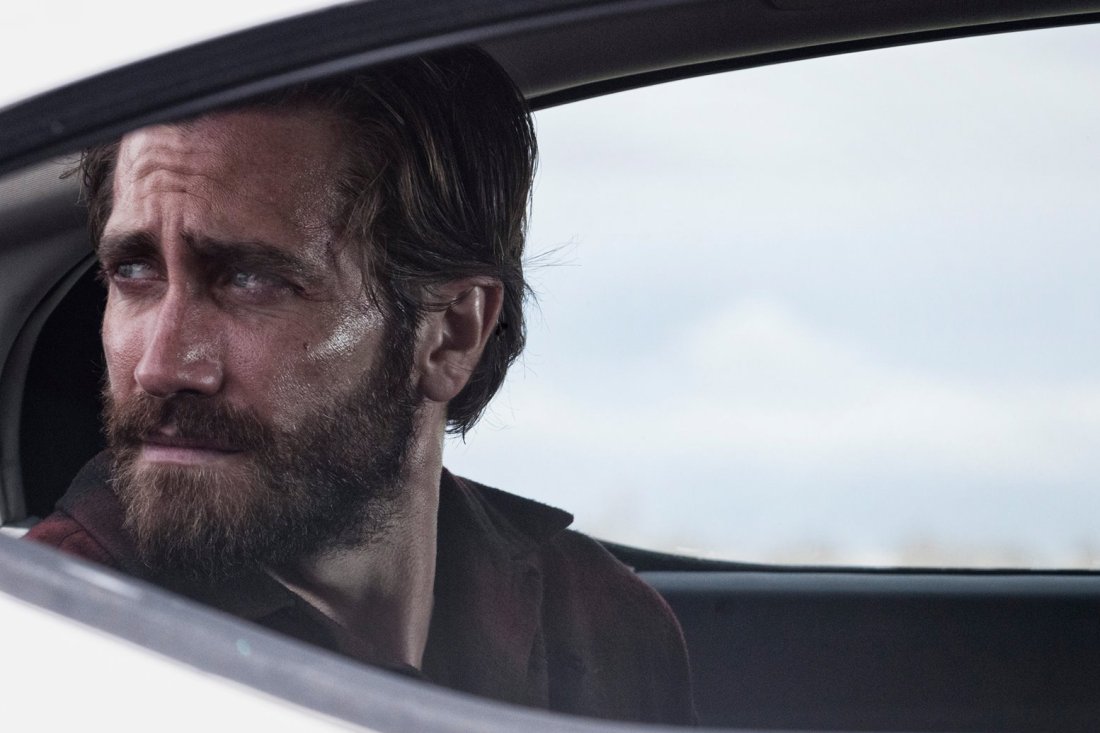
The year 2016 hasn’t been known as the most prolific year for thrillers, simply because there wasn’t a big Goliath-style movie released in this genre.
But nevertheless, last year had some interesting treasuries up its sleeve, especially outside of the big-budget mainstream culture. This article contains spoilers.
10. Hush (Mike Flanagan)
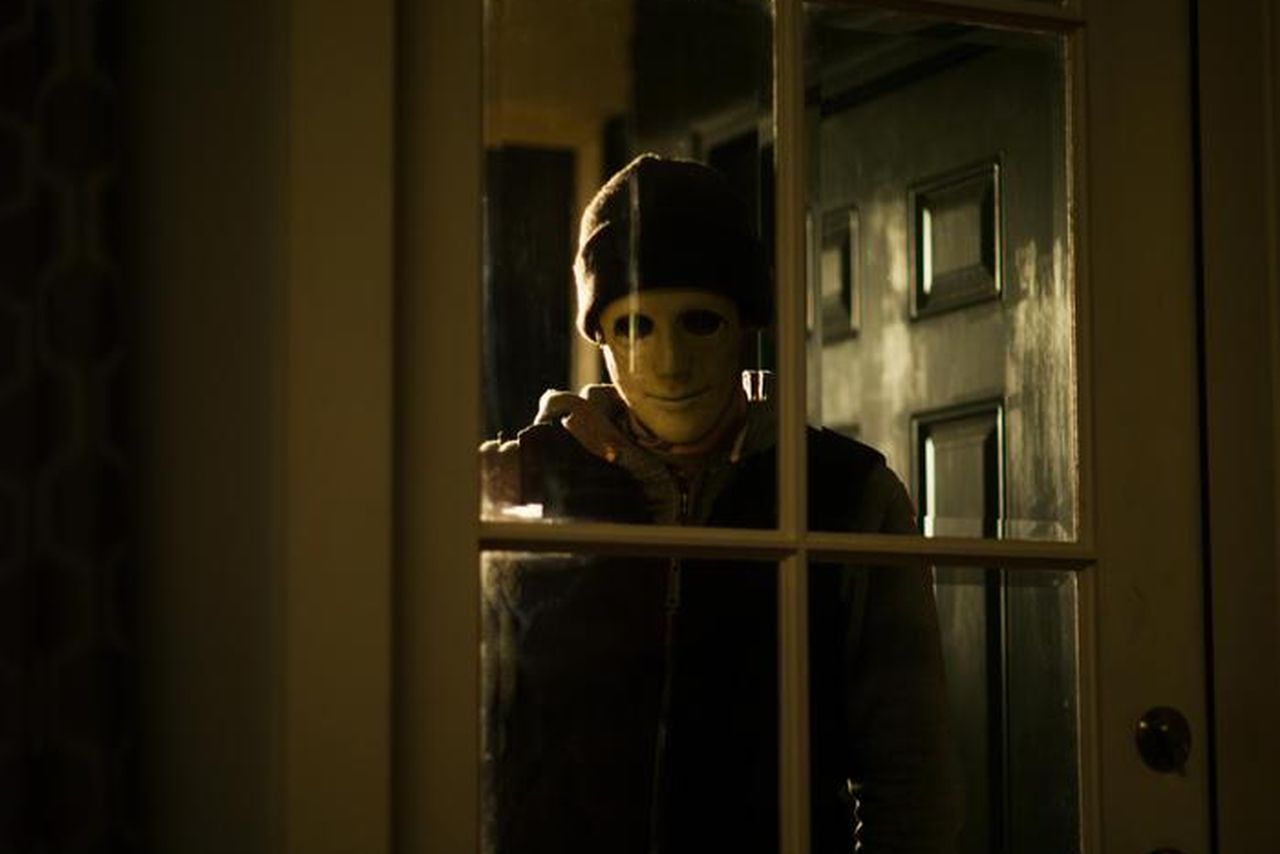
Often considered a horror movie, “Hush” could be easily classified as an edge-of-your-seat thriller, with its suspense-packed cat-and-mouse game between a deaf woman living in an isolated cabin in the woods, and a masked psychopath threatening her by night. While the home invasion genre definitely has a rightful existence with illustrating people’s primal fears, its reputation has suffered from loads of terrible movies in the past years.
However, what separates “Hush” from other home-invasion thrillers is the protagonist’s deafness, which is the origin of the movie’s tension. With its minimal dialogue and intelligent sound design, the audience gets deeply involved in the character’s restricted perception. Combined with the evil-depicting visual layer, the movie is terrifying and brings up the alarming what-would-I-do-question without descending the cliche-paved road too far.
“Hush” manages to create a huge audience-sided desire for the character’s survival and the deserved defeat of the psychopathic villain. The filmmakers created that by using the protagonist’s handicap and the groundlessness of the killer’s behavior. Instead of revealing a dubious backstory for the antagonist at the end of the movie in order to give the film an often failing superstructure, the audience is left with the pure pointlessness of brutality in their minds after the screen went to black.
9. Our Kind of Traitor (Susanna White)
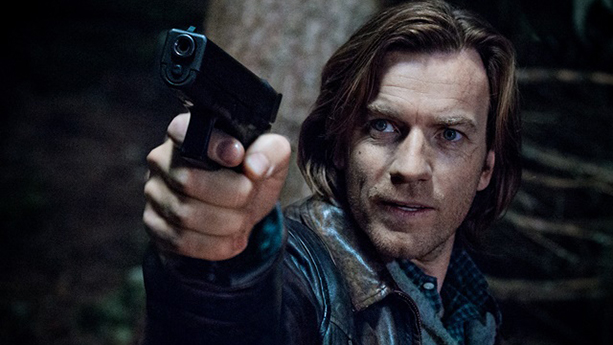
This British spy thriller is based on the novel by John le Carré of the same name, and tells the story of a British professor who gets to know the Russian mobster Dima during the holidays with his wife. He is to transfer a secret USB stick drive with extremely explosive secret intel to the MI6. After doing so, he and his wife get involved in an international crime spree including money laundering, murder, and mafia trades.
While other spy thrillers bring their tension in highly energetic action sequences, “Our Kind of Traitor” benefits from their well-written characters and their goals. Ewan McGregor and Naomie Harris both deliver solid performances, but Swedish masterclass actor Stellan Skarsgård as the tough Russian, and Damian Lewis as a reserved British intelligence officer, nail it with their stellar performances.
It’s the same with the visual layer of the movie. While the well-known blue filter throughout the movie isn’t original, the excellent cinematic use of mirrors and reflections work as a well-thought metaphor for the question of who is real and who is fake. These little details are the reason why the movie doesn’t come across as a skin-deep action movie, but rather an exciting film set between a spy and political thriller that’s worth the audience’s time.
8. Flaskepost fra P (Hans Petter Moland)
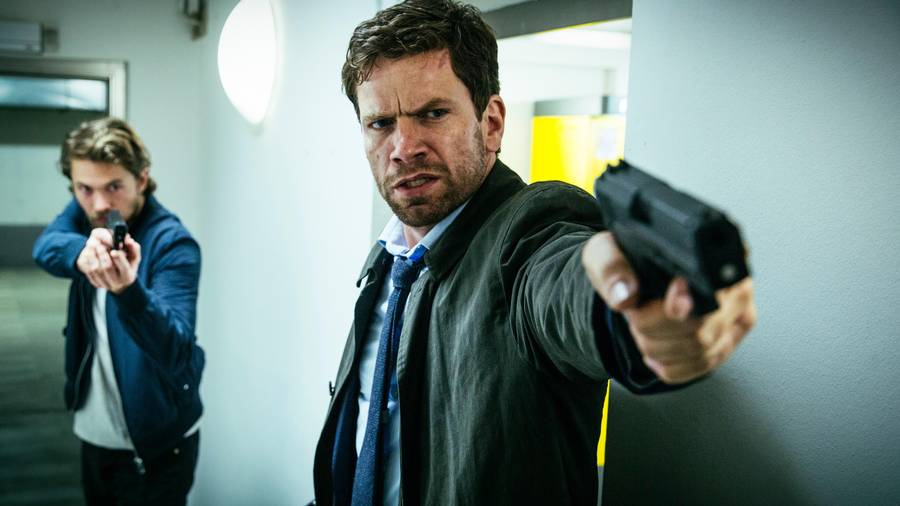
This Danish movie might be the most unknown entry on this list, but it’s definitely one of the darkest and most terrifying. As shown in the past, the Scandinavian film industry proved it knew how to create nail-biting and tension-loaded thrillers with great films like “The Girl with the Dragon Tattoo” and “Headhunters”. Perhaps caused by the sinister and cold environment in the region, their movies project a morbid aesthetic and explicit brutality.
“Flaskepost fra P“, the third film adaption of Jussi Adler-Olsen’s crime series about the special department Q and officer Carl Mørck, is a prime example of that. Even if it’s not the best and most significant part of the trilogy, this thriller captures primal fears at its core. Pursuing a kidnapped boy and his psychopathic captor, Mørck and his partner have to face a strict conservative cult, a mysterious drifting bottle, and their own tryst private life.
Although the psychopath’s identity is revealed at the beginning of the movie, the story has an enormous level of tension, resulting on the one hand from the race against time in order to find the kidnapped boy alive, and the unknown motives of the villain. Aside from that, the movie offers stellar performances by Pål Sverre Valheim Hagen and Nikolaj Lie Kaas as the notorious ill-tempered officer, perfectly fitting the everlasting darkness of Scandinavia.
7. Personal Shopper (Olivier Assayas)
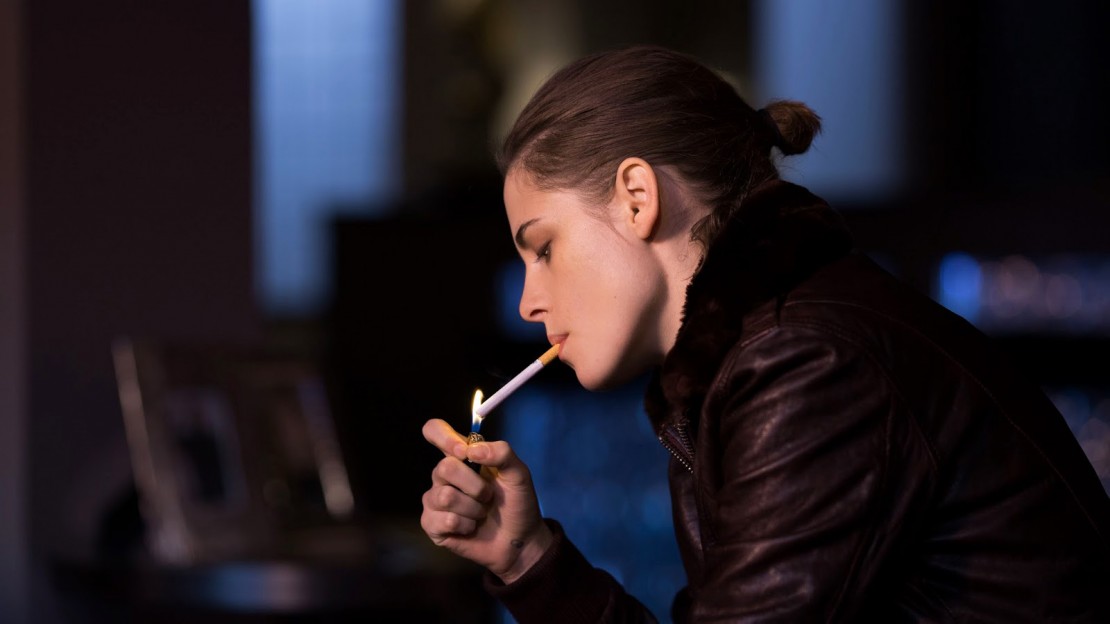
Ghost stories have a reputation for being the material for cheap-trick horror movies based on well-known narrative templates. However, “Personal Shopper“ manages it to give a refreshing new take on ghost stories by passing on exhausted genre conventions and instead becoming a serious dramatic thriller.
Personal shopper Maureen mourned the death of her twin brother, who had to face an inborn heart disease, something Maureen herself also has. Because of their common interest in reincarnation, metempsychosis, and afterlife theoretics, they made a deal of giving the living a sign from the afterworld in case of one’s death.
Desperately waiting for a sign, Maureen’s grief-dominated mental condition obviously grows until she experiences a supernatural phenomenon. Hoping it’s from her dead brother, she receives an anonymous SMS and gets involved in a creepy question-and-answer game.
It’s impressive how the movie manages to make a basic SMS conversation captivating, simply by maintaining it in a discreet perspective instead of revealing both participants. Instead of giving the evil force an explicit face, it’s the unknown that makes the fear so present. That’s the way basic thrills should be used; by filling a day-by-day action with fear, the fear gains a deeply involving relevance for the audience.
The main part of the movie is an excellent one-role play by Kristen Stewart, who impressively embodies a deeply broken character as she deals with her loss and enormous mental scars on her soul. The reason why “Personal Shopper“ works that well, instead of becoming a predictable horror movie, is precisely the depth of Stewart’s character and her true belief in afterlife theories.
Aside from that, Olivier Assayas’ direction is first-class work, and was deservedly awarded at Cannes with the award for Best Director. He truly knows how to tell a story by using separate foreground and background actions, and creates tension with simple tools because of excellent timing.
Two highlights of his directorial skills include the low-key scenes with Maureen conjuring her dead twin, being plagued by melancholy and an endless desire for a sign from afterworld in a penetrative and terrifying scene; and the one with the camera following an invisible energy force through the foyer of a hotel.
6. The Invitation (Karyn Kusama)

The thriller genre in 2016 was dominated by a very slow-paced style. While many movies on this list definitely follow this kind of narrative, “The Invitation“ might stretch it to the limit. It’s an excellent example of how the power of words and calming visuals can create suspense as a foreshadowing element so the distinct evil can enter the game at the movie’s climax.
Plagued by his son’s accidental death, Will and his ex-wife take different paths in order to cope with their loss. After two years of absolute abstinence, she invites her ex-husband and his new girlfriend to share an evening with common friends and her new love. What starts as an unsettling evening interfered by Will’s mistrust and his flashbacks of his deceased son evolves into a nightmare for everyone at the party.
As said before, the movie isn’t about body-shaking shock moments. The tension arises in the unsettling conversations between the party guests for terrifying background happenings. Screenwriters Phil Hay and Matt Manfredi, as well as director Karyn Kusama, know how to implicate thrilling elements without being too placative and without telling the audience too much. Instead, the movie instinctively captures the viewer, causing the feeling of a well-arranged intimate play in the one-location storyline and the realistic performances from the acting ensemble.
After directing the substandard teen horror film “Jennifer’s Body” in 2009, Kusama’s reputation wasn’t that positive. But instead of creating another cliched horror spectacle, “The Invitation“ is a right-paced thriller, asking important questions regarding death, and the right and (especially) wrong ways to deal with it in this current era, while taking it to the extreme with its hell-opening ending and 15 minutes of brutal hide-and-seek in the caged apartment.